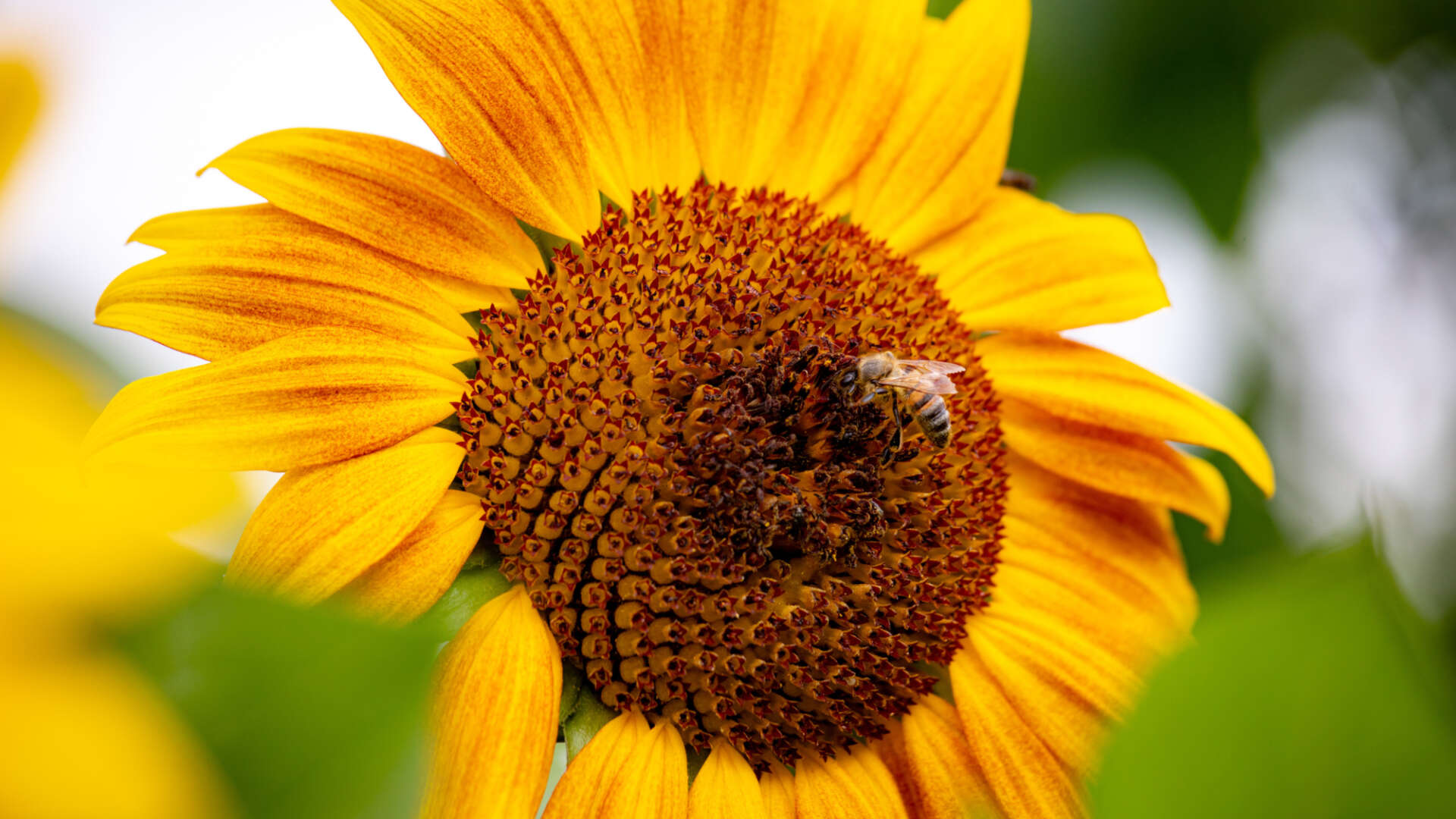UK government allows ‘emergency’ use of banned bee-harming pesticide just days after EU tightens protections

The government will permit emergency use of thiamethoxam – a type of neonicotinoid - this year. A single teaspoon of neonicotinoid is enough to deliver a lethal dose to 1.25 billion bees. This comes just four days after the Court of Justice of the EU (CJEU) declared that providing emergency derogations for expressly prohibited neonicotinoid-treated seeds is not in line with EU law.
This emergency authorisation comes a month after the UK government was advocating for a global pesticide reduction target at the UN COP15 biodiversity talks in Montreal. Despite a global pesticide target being significantly watered down in the final deal signed at COP15, UK negotiators supported more robust action. It is disappointing that the same approach is not being taken when it comes to domestic pesticides.
Three neonicotinoids (NNs) including thiamethoxam were banned for outdoor agricultural use in the UK and the EU in 2018 due to their devastating impact on bees. Despite UK guidance stating that emergency applications should not be granted more than once, last year the government handed the industry a second approval, ignoring the advice of its own expert body which cited potential impacts on adult honeybees, other pollinators and aquatic organisms as reasons that the application should be rejected.
This year the UK Expert Committee on Pesticides (ECP) once again advised against allowing thiamethoxam to be used and likewise were again ignored by the government. Despite significant public interest in the plight of bees and other pollinators, the process for emergency authorisation has been shrouded in secrecy, with no opportunity to scrutinise the application.
This authorisation is another example of the government failing to follow their warm words with meaningful action when it comes to pesticides and biodiversity. This latest move is completely at odds with the stronger pesticide reduction targets the UK advocated for at COP15, as well as the Leader’s Pledge for Nature it signed in 2020, which sought to raise global ambition on reversing biodiversity loss. It highlights the growing discrepancy between government words and action on pesticides in particular and broader environmental issues.
This latest authorisation also raises wider concerns over whether the government will maintain existing restrictions on neonicotinoids and other harmful pesticides, or whether they may be overturned as part of a forthcoming bonfire of regulations that protect nature, wildlife and communities as part of the Retained EU Law Bill.
The Pesticide Collaboration, a coalition of health, environmental, farming and consumer groups, academics and trade unions – including organisations such as Garden Organic, Breast Cancer UK, Unite and Friends of the Earth – says that the government’s decision to approve its use for the third consecutive year is a total failure of responsibility to protect vital species, and shows a lack of urgency in reducing pesticide use for the sake of human health and the environment.
Amy Heley, Public Affairs and Media Officer at the Pesticide Collaboration said: “In previous years, Defra insisted that the sugar industry must make progress in finding alternatives, but we are yet to see any outcomes of this. The Pesticide Collaboration is deeply concerned that this emergency derogation is simply another example of the government failing to follow through on their own pledges to improve the environment and protect human health.”